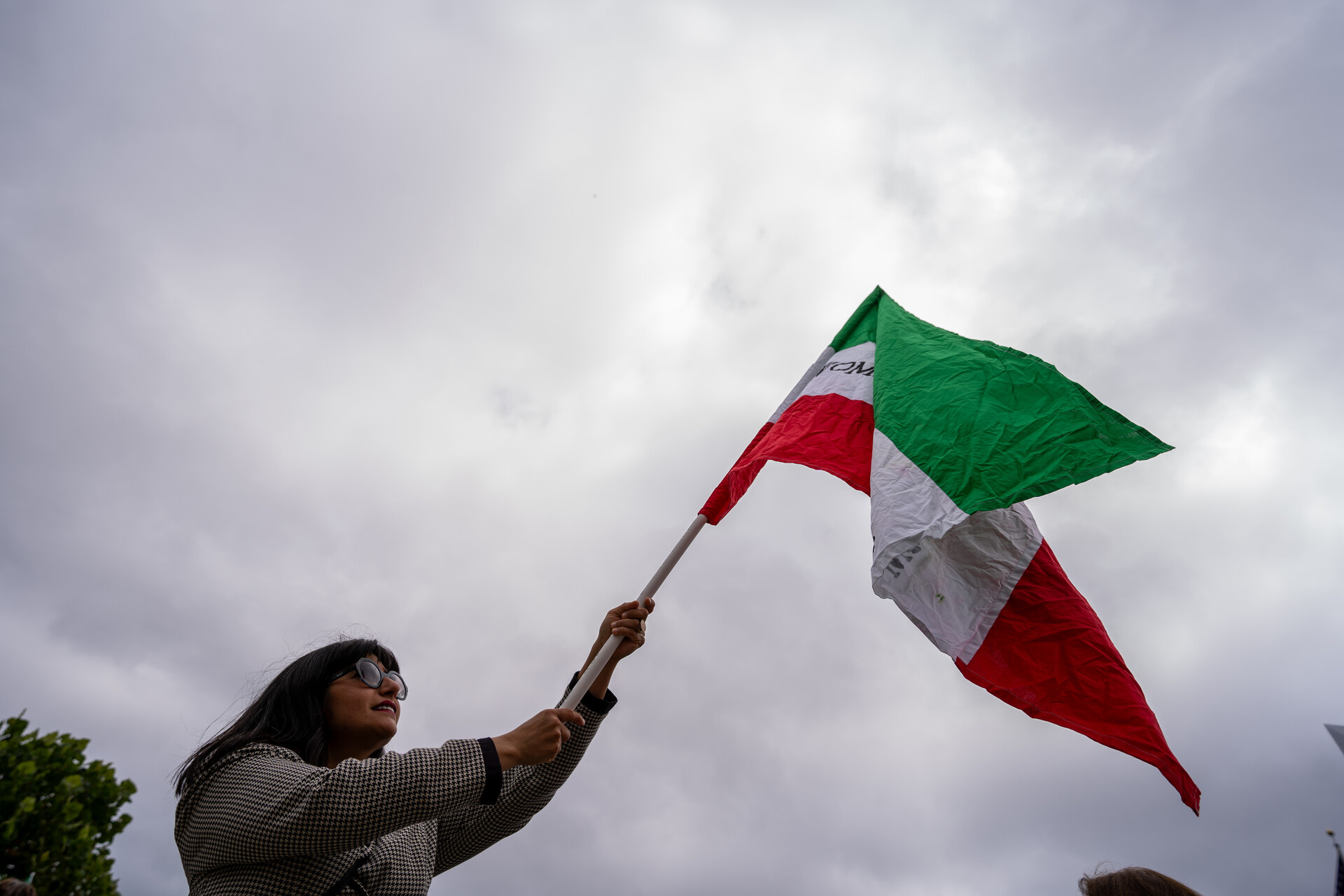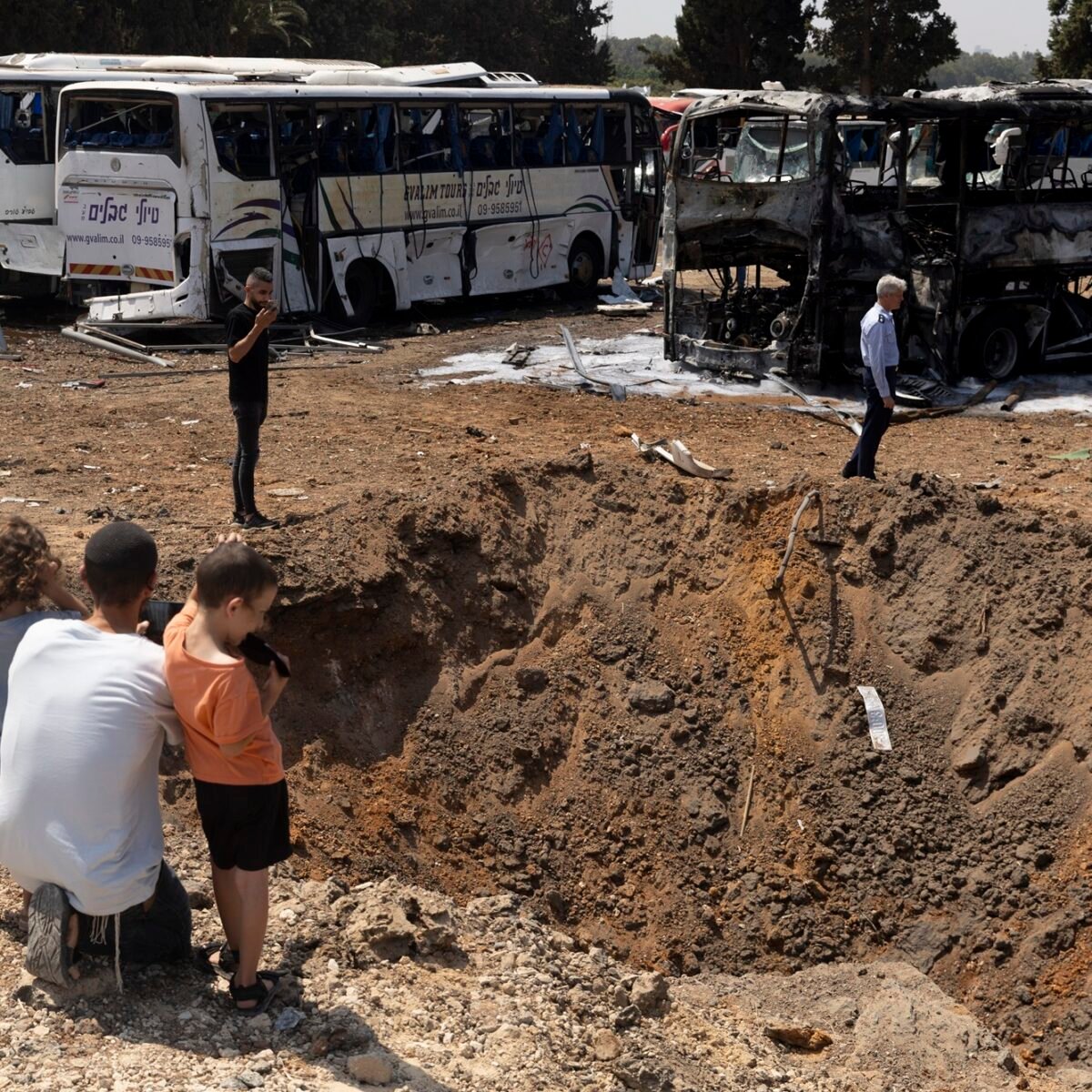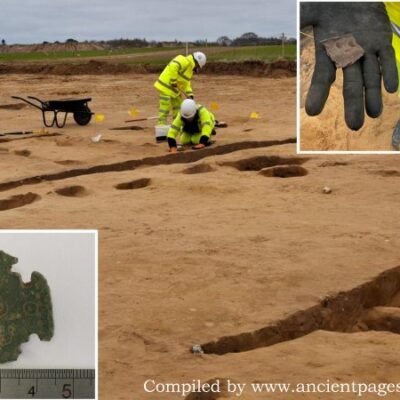Her husband’s parents died years ago, but his siblings remain stuck in Tehran and, unlike her close relatives, do not have citizenship in another country.
Iranian Americans and Israeli Americans alike are bracing in fear for their loved ones abroad.
Recent U.S. Census data shows approximately 45,000 people of Iranian ancestry live in the Bay Area, many in the South Bay like Karimi. The region is also home to roughly 10,000 Israelis, similarly concentrated in the South Bay.
Though Israel and Iran have been at odds since the Islamic revolution in Iran in 1979, their Bay Area diaspora communities share much in common. They have friendships, work together at the same companies, shop at the same stores and eat at the same restaurants. Now they share fear for loved ones back home.
“The sense of anxiety right now is high,” said Guy Miasnik, an Israeli American living in Los Altos. “I have my parents, who are close to 80. I have my sister and her family. Extended family and close friends.”
Most apartment buildings in Israel include a basement bunker, and newer homes have fortified safe rooms. Miasnik’s parents live in an older building, so when there is a missile strike warning, they must rush down four flights of stairs to reach shelter. “Sitting here, you’re devastated. You can’t be with your parents. You can’t support them,” Miasnik said.

He’s downloaded an app from the Israel Defense Forces Home Front Command that sends him real-time alerts of incoming missiles near his parents in Kfar Saba, a suburb of Tel Aviv.
Miasnik, a Silicon Valley entrepreneur and investor who emigrated to the U.S. nearly 30 years ago, said talking with others about the situation overseas helps him cope. He’s also keenly aware that the conversations push back against the rising tide of antisemitism and Islamophobia in American culture.
“You have to be able to separate events that are happening abroad from how we treat our fellow community members, whether it’s Jewish or Muslim or any other background,” he said. “We have to make sure that our communities are not collateral damage from conflicts happening on the other side of the world.”
Christina Rogers, a social work masters student living in Vallejo, is engaged to Mostafa Rezazadeh, an Iranian man now trapped in Tehran. Their future was already uncertain, with his visa application stalled under the Trump administration, but Rogers now fears for his life — and their plans for marriage.





